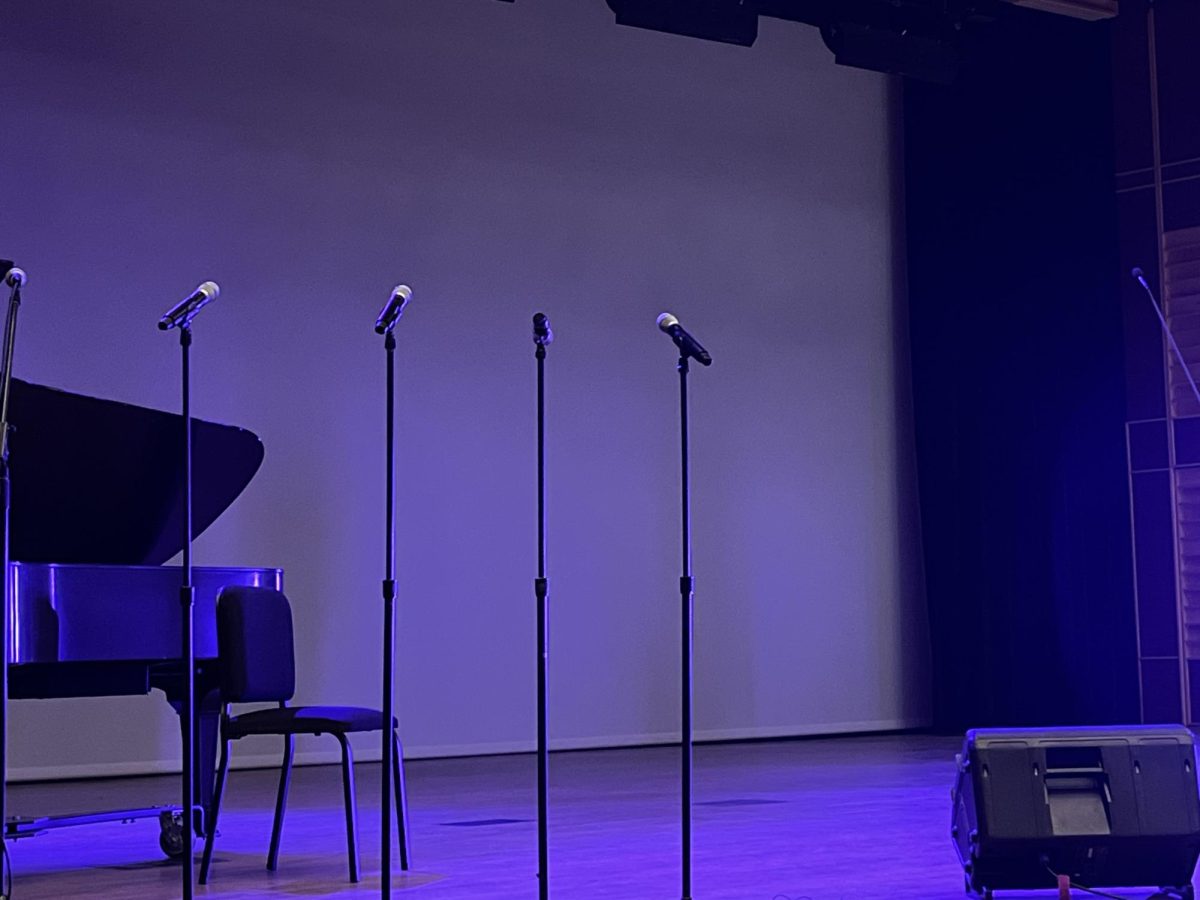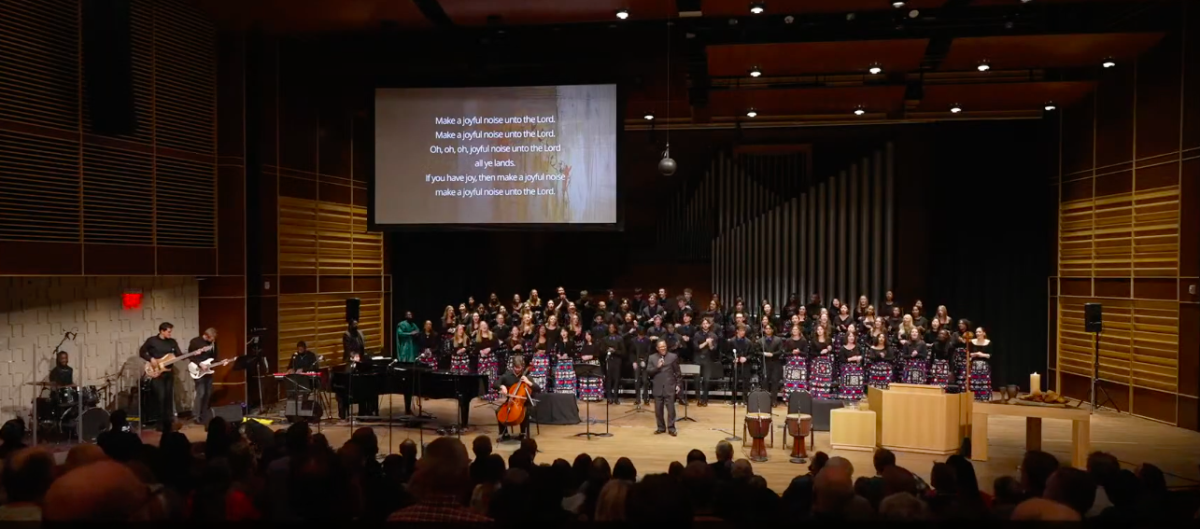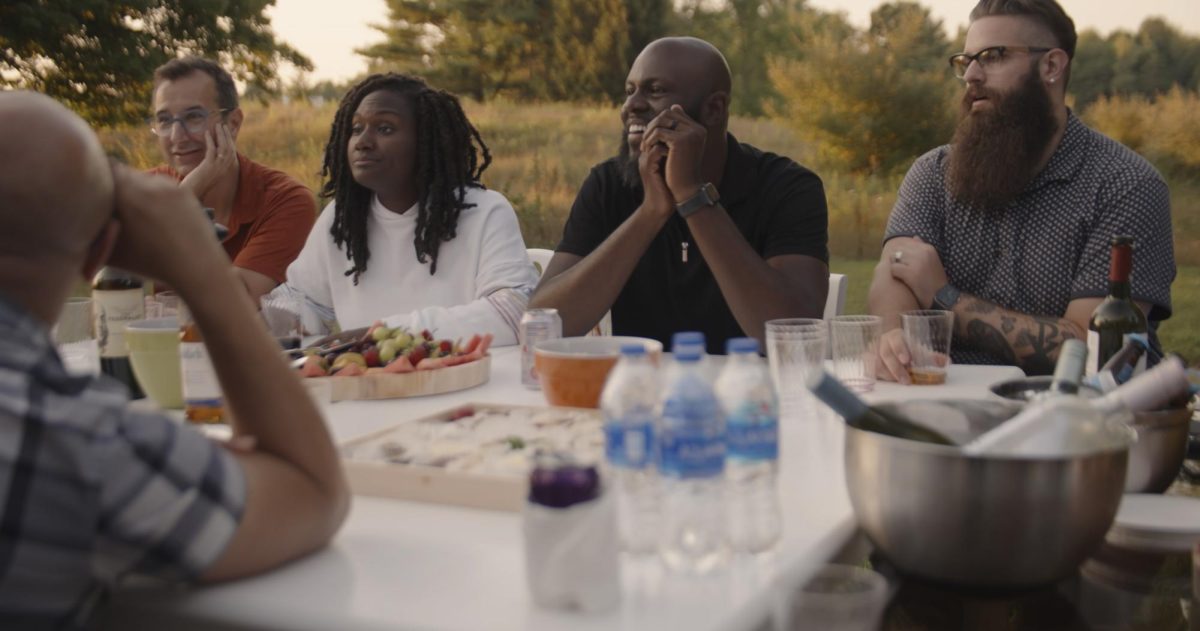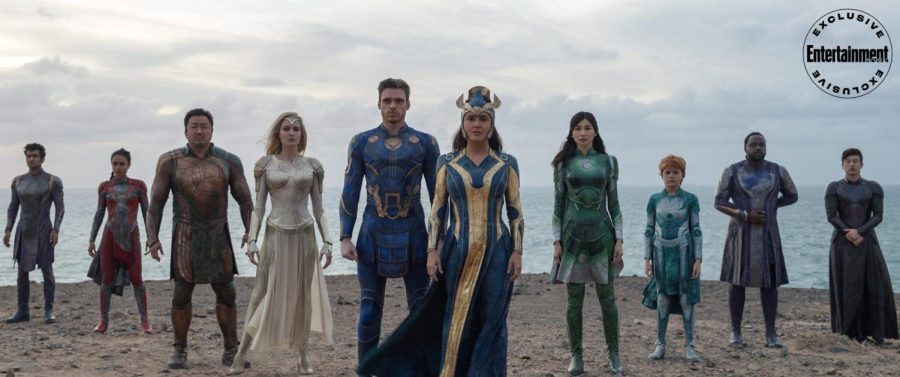There are very few directors who are able to wrangle and produce a full story arc the way that Mel Gibson can. It was not too long ago that Gibson was first seen as the go-to male lead for an action movie. His career skyrocketed in the US after the 1979 apocalyptic film “Mad Max” came over from Australia. Soon after, Gibson was pegged to take the lead for several movies, and he became one of the most sought after actors in Hollywood.
Gibson made his directorial debut with “The Man Without a Face” in 1993. The movie (which received mixed to positive reviews) showed Gibson’s sense for visual storytelling, and the ability to leave things up for the viewer despite what may be a collision of values and beliefs.
Next in Gibson’s directorial lineage was “Braveheart” in 1995, for which he won Academy Awards for Best Director & Best Picture. After a long break, Gibson directed two films: “The Passion of the Christ” in 2004 and “Apocalypto” in 2006.
A decade later, Gibson makes his comeback behind the camera. “Hacksaw Ridge” is the true story of Desmond Doss, a Congressional Medal of Honor winner for his heroics in World War II, where he saved the lives of over 75 men in one of the bloodiest battles the Americans faced in the war. Doss was a Seventh Day Adventist and didn’t believe that taking a life, even in the face of war, was the right thing to do.
Doss is played by Andrew Garfield, who delivers one of the best performances of his career. Doss is an endearing man with a good heart, and Garfield does a wonderful job of displaying both of these things as well as an equally admirable conviction. Teresa Palmer delivers a solid supporting role for part of the movie as Doss’ significant other. Hugo Weaving plays Doss’ alcoholic dad, and while it was an interesting casting choice, I think it ended up paying off due to Weaving’s incredible ability to string out raw emotion. Weaving’s Southern accent was less than convincing, and some have said that it takes away from his performance. Even Vince Vaughn and Sam Worthington are able to act in a compelling and multifaceted fashion (with Vaughn’s performance being one of the biggest surprises in the whole movie.)
Individual performances, however, are not all that make a good movie. Gibson is able to use his actors as pawns, weaving a tale of cacophonous harmony. The movie begins slowly, but necessarily so. The characters are built in a believable way. The spotlight is put on Doss and his struggles with those who oppose his convictions. At times, the beginning of the movie may seem corny and predictable, but it exemplifies a piece of humanity and it brings the story out of what would typically be put in a step by step box of storytelling. One of the more impressive feats of the whole film is the way that the foundation is built for central conflict during the early stage of the movie. When the movie is slow, Doss’ conflict is equally internal and external. He faces direct adversity from the people around him and battles his inner desires and beliefs.
As per usual with Mel Gibson, one of the biggest draws of the movie is the violence. I don’t say that in a nationalist, pro-blood and gore king of way. Gibson has always been able to deliver intense battle sequences filled with violence that serve a much greater purpose and enhance the narrative. Make no mistake, “Hacksaw Ridge” is one of the most violent and visually jarring films of 2016, and perhaps even longer. When the fighting hits you, it hits you. If you do not want to see gruesome depictions of violence in war, then this is not the movie for you. The camera work and audio mixing had people in the theater constantly on the edge of their seats. In a Shakespearean way, Gibson counterintuitively and simultaneously enhances one thing with its opposite. The guts, guile and determination on display by the docile Doss perfectly contrasts the chaos that surrounds him.
Like “Apocalypto” and “Braveheart,” the audience becomes invested in the central character to the point where the background elements become just as important as what is right in front of you. You do not need to conform to any sort of religiosity to be able to appreciate the story and its craftsmanship. You don’t need to be a Christian to care for Doss and his faith.
What you need to do is take the time to go buy a ticket for this movie, sit back and brace yourself for a fulfilling, impressive and at times disconcerting ride.
This movie is fantastic, it is more than worth the cost of the ticket and I would give it 9/10.








